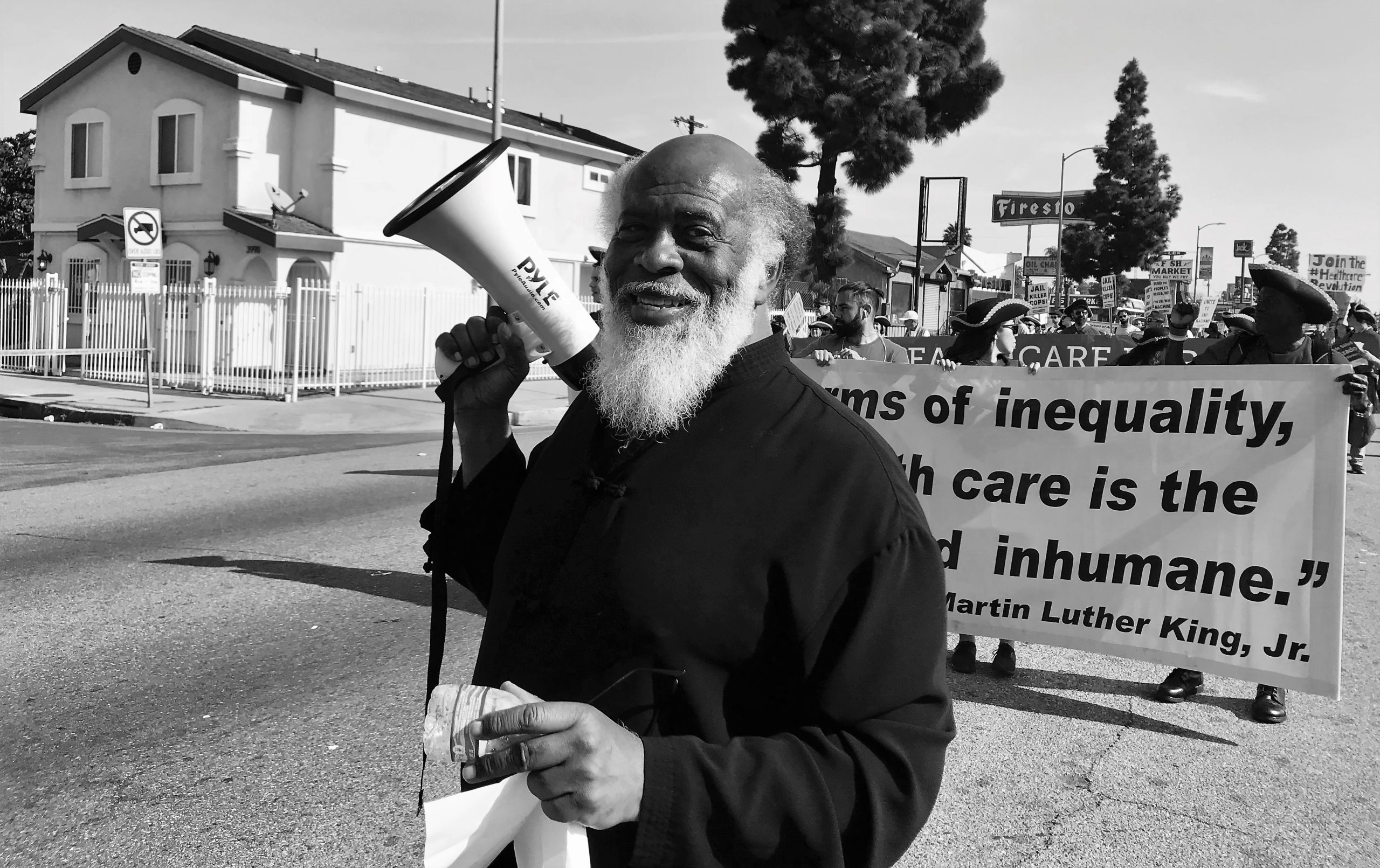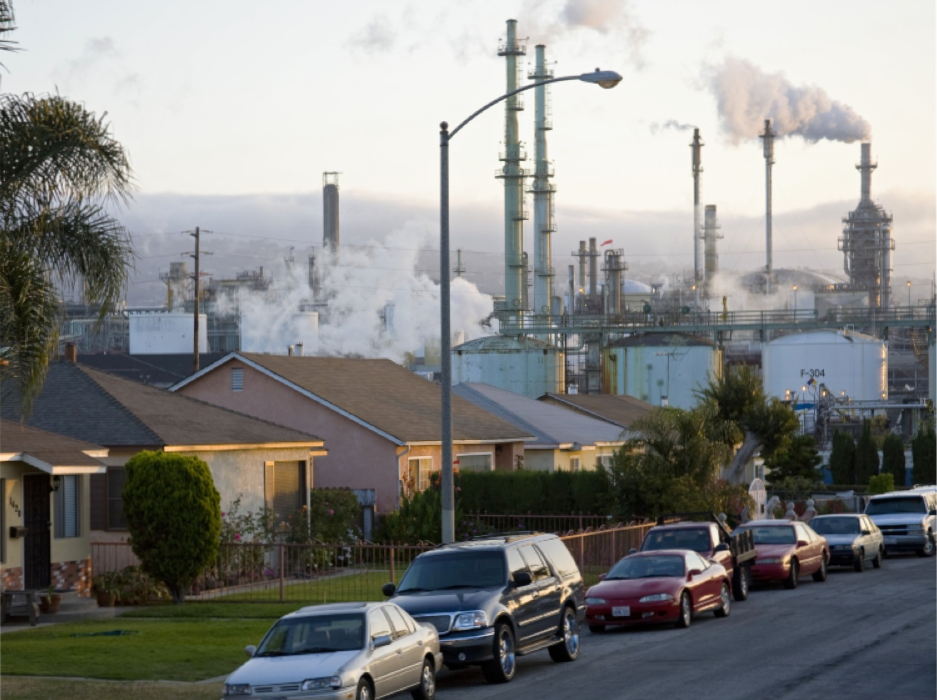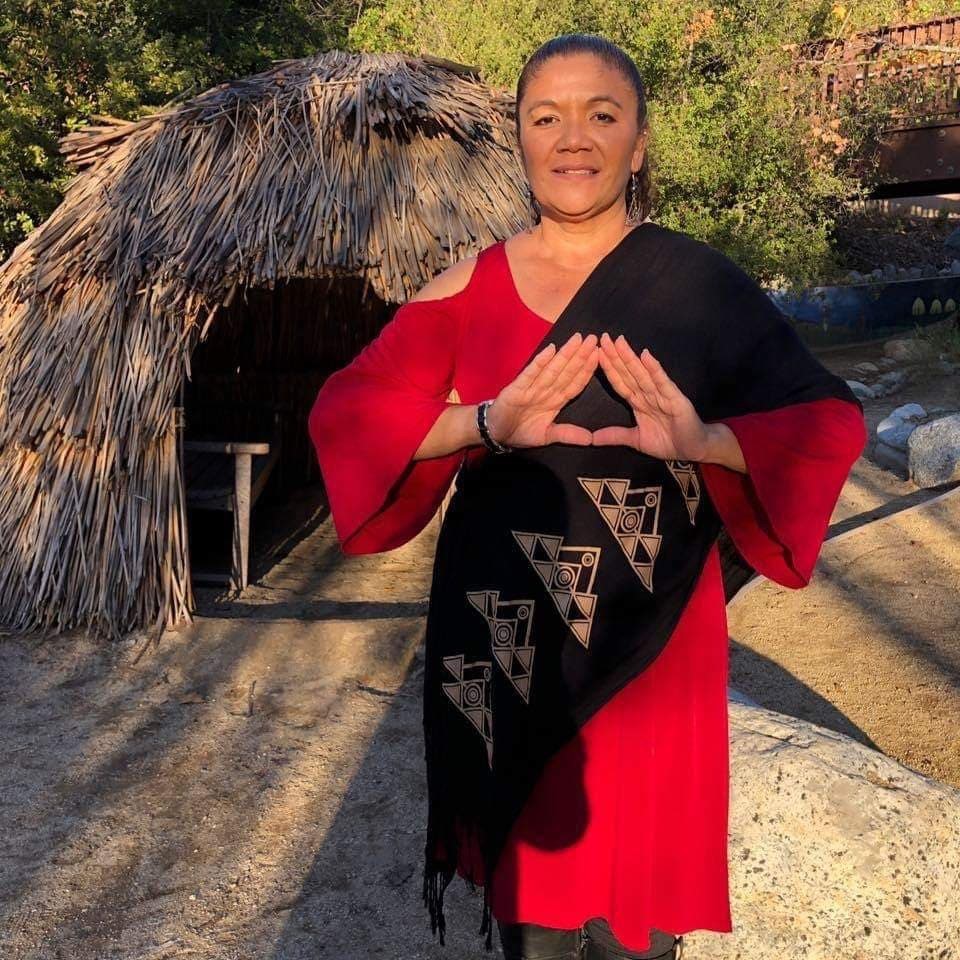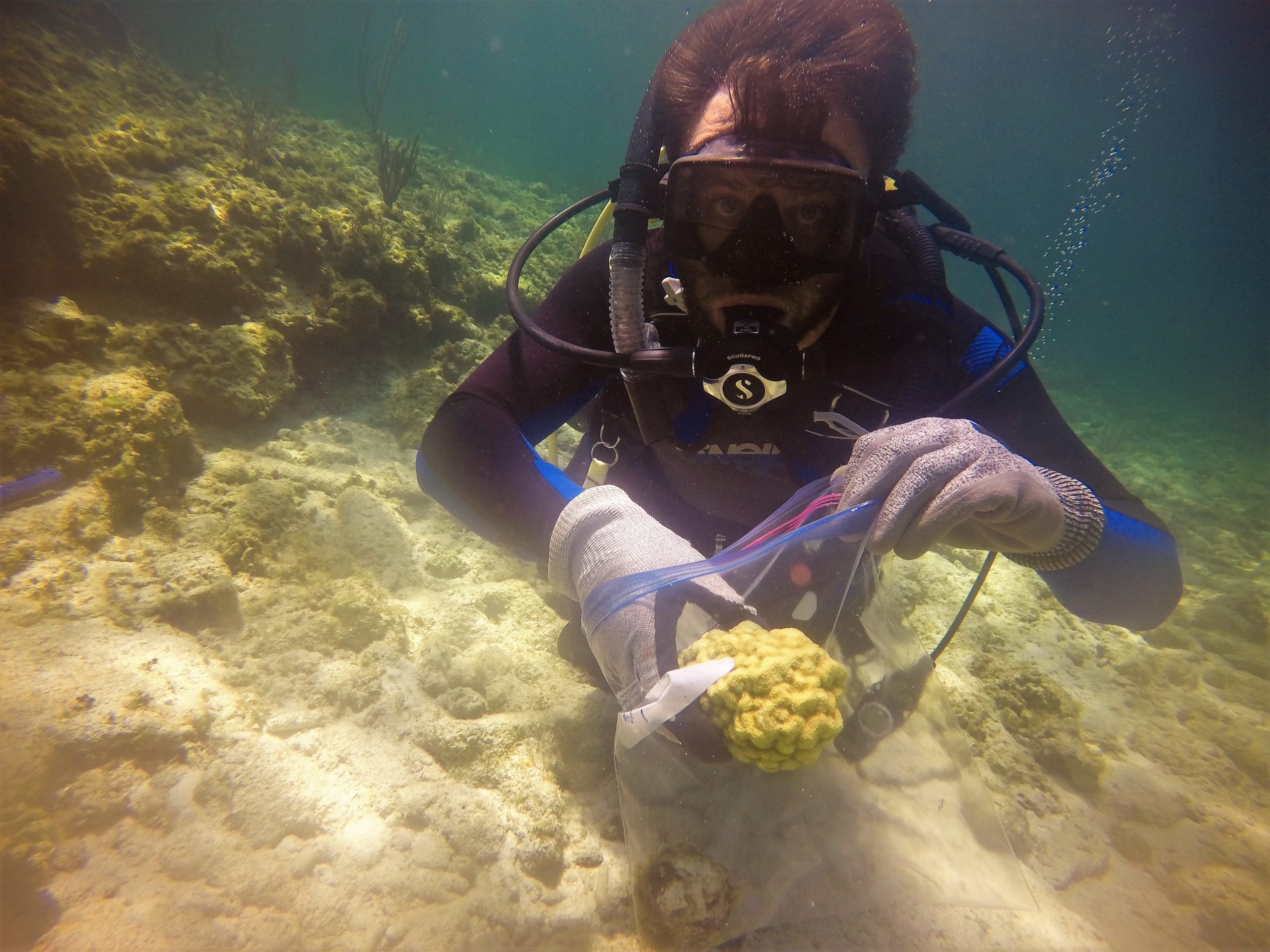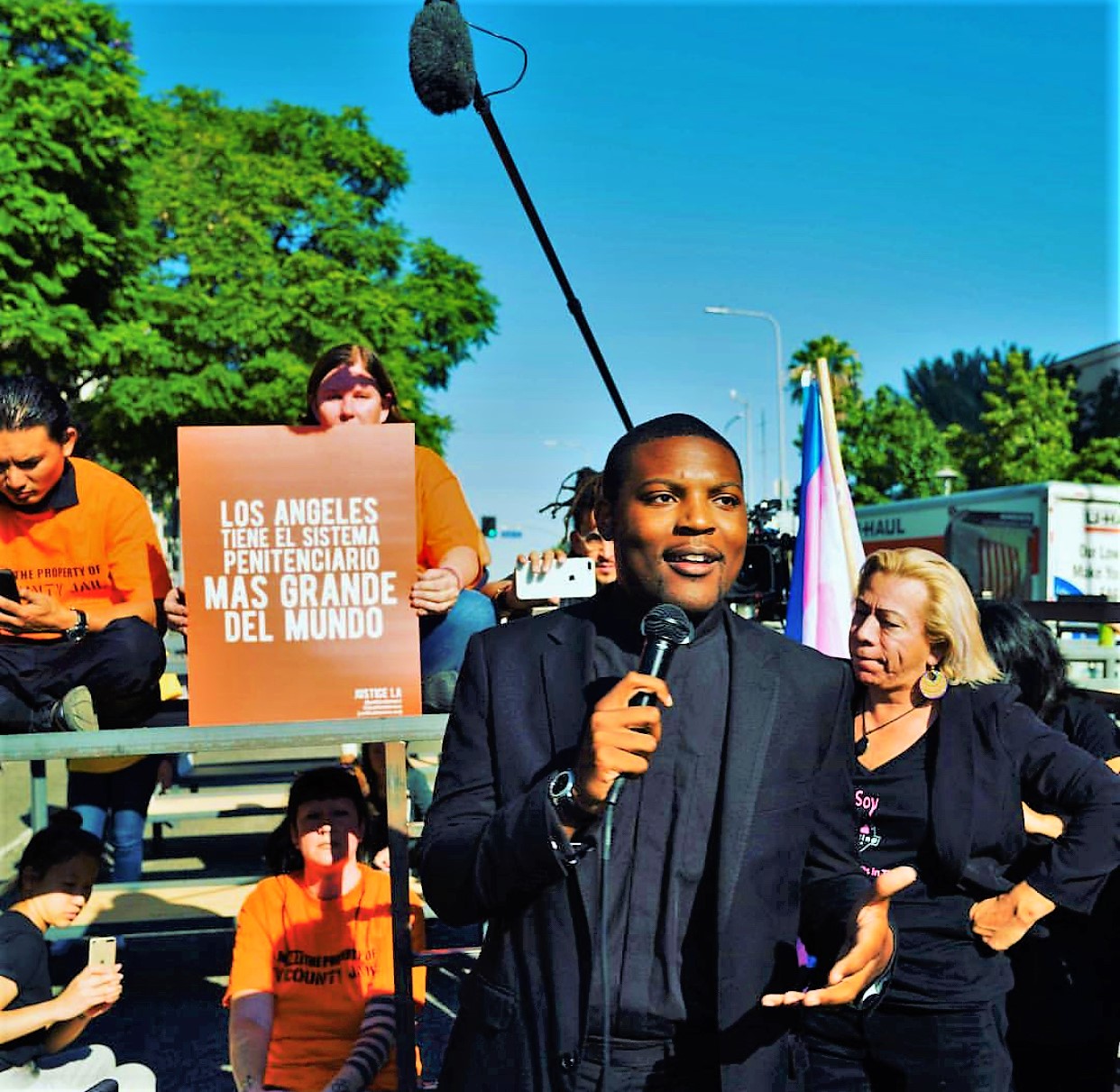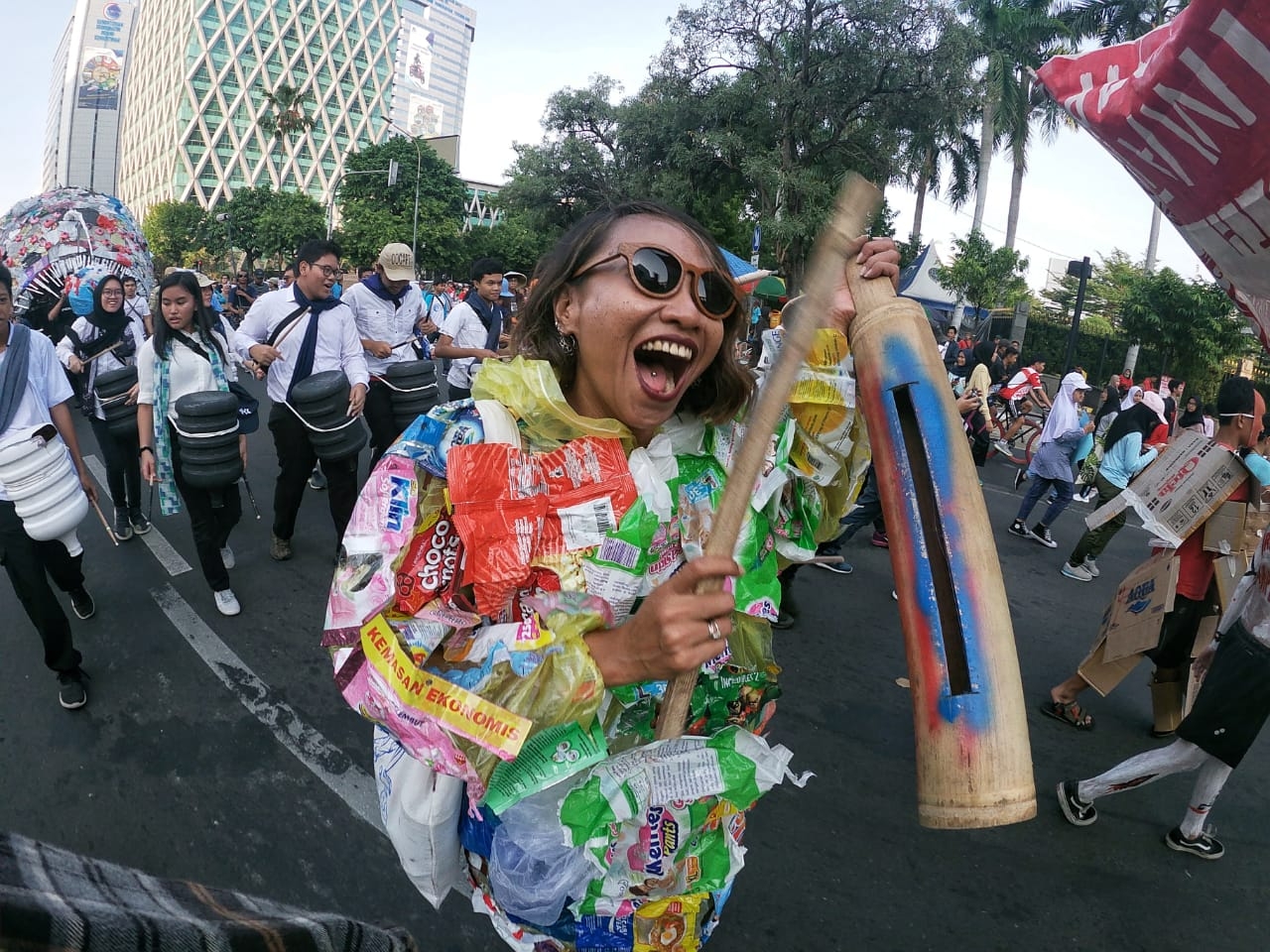Guest Kwazi Nkrumah from the MLK Coalition for Greater Los Angeles discusses with EcoJustice Radio host Jessica Aldridge how unity and mass mobilization across all movements is necessary for social change and an equitable future. He speaks to how we effectively do this in an inclusive manner across interests and issues that considers priorities, roadblocks, and better relationship building. We address concerns of derailment and demobilization, and look to how we can shield and grow from those movements.
Tag: EcoJustice Radio
No Drilling Where We’re Living with Martha Arguello
Martha Arguello of Physicians for Social Responsibility Los Angeles discusses with host Jessica Aldridge neighborhood oil drilling, the call for a 2,500 ft. health and safety buffer, and how community mobilization is addressing the climate emergency and ensuring public health and environmental protection. Martha leads the coalition Stand Together Against Neighborhood Drilling in Los Angeles. They work in a statewide coalition dedicated to buffers as well called Voices in Solidarity Against Oil in Neighborhoods.
Kia’i Up: The Rise of Empowered Youth with Mikilani Young
Hear Kumu Mikilani Young from United Pillars of Aloha & her student, Kayla Session, discuss the momentum and ultimate purpose behind the current generation of youth rising up to protect Sacred Places, mountains, waters and indigenous lifeways.
Growing Coral to Restore the World’s Reefs with Sam Teicher
Coral Vita’s Sam Teicher discusses the urgent status of the world’s coral reefs and how we can restore them by rapidly and effectively growing climate-change resilient coral. The world’s first land-based coral farm, Coral Vita, aims to help scale up reef restoration globally using breakthrough technologies and nature-based solutions, including micro-fragmentation and assisted evolution. Learn about the critical role coral plays in marine ecosystems and how restoring it is essential to our collective future. Current and recent, unprecedented mass bleaching events affecting the Great Barrier Reef, highlights the importance of taking urgent action on behalf of our oceans and reefs worldwide. Act now while there is still time to turn the tide!
The People’s Budget LA and Reimagining Public Safety
Reverend Eddie Anderson discusses the People’s Budget Los Angeles with EcoJustice Radio host Jessica Aldridge. He defines what it means to re-imagine policing and public safety, and how to ensure reinvestment back into Black communities. The institutions that run the USA continue to benefit from the repercussions of long-standing, systemic oppression and racism. How do we reinvent and re-imagine the power structures? How do we change the economic system and fund a budget that is community-centered?
Know Justice, Know Peace: 21 Generations
Listen to Rene Mims and Jaijae Kabasa, respected elders, community leaders and musicians speak with EcoJustice Radio from The World Stage in Los Angeles’ Leimert Park. They share with host Carry Kim deep ruminations on the past 21 generations of African American enslavement, the seeds of racism, and how it continues unabated today.
THE FUTURE: Solutions, Policy, & Resistance Around Plastic – Plastic Plague Pt 7
THE FUTURE: EcoJustice Radio explores how Solutions, Policy, & Resistance around plastic can elevate, inspire, and drive change at a systems-level approach. This is Part 7 of a special seven-part series called, “The Plastic Plague: Connecting the Dots between Extraction, Inequity, and Pollution.”

